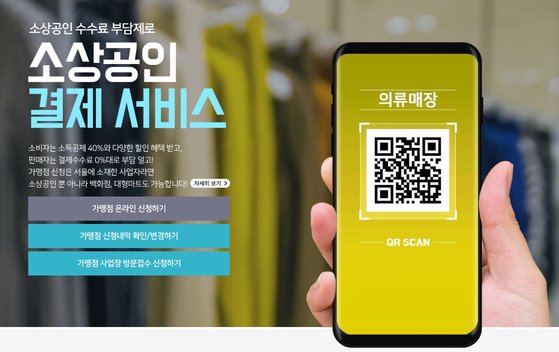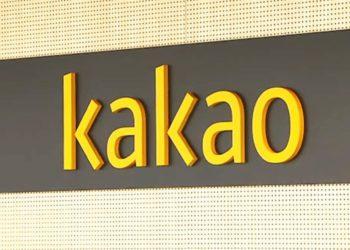South Korean Government is going to finalize and push for Zero Pay (Simple-payment for small business).
However, it is still unclear whether or not the show will be successful as the company has failed to solve many problems raised during the pilot project. According to the Zero Pay main project plan that was acquired by the Electronic Times on the 9th, this project will be led by small-scale public payment promotion project under Ministry of Small and Medium Business. The plan, which is designed to “participate in a shared platform that grows together, Zero Pay business,” contains detailed plans for recruiting participating companies, government support measures, schedule for a business briefing, and application for business participation.
First of all, participants of this project will be recruited by the 18th. To expand nationwide, a business briefing session for payment service providers will be held at the Small Business Corporation on the 14th. They are targeted at financial companies, electronic financial companies, and payment relay companies. To increase number of participants in this project, South Korean Government is going to support establishment of infrastructures such as common QR Kit, payment terminal, and POS upgrade. The central and local governments and public organizations have agreed to support the budget. In order to increase participation by consumers, it is going to introduce discount that is expensive to use public facilities, discount to stores, and payment system that allows consumers to pay system. Although it prepared incentives for its main project, many problems that were raised during its pilot project were not solved.
First of all, it is going to be applied to this business without reduction of charging fee that has developed due to conflicts between businesses. Easy-payment service providers that participate in Zero Pay have to pay less than dollar (hundreds of won) per charge to banks. Although a large-sized easy payment business called for a solution such as a reduction in the fees for firm banking(financial services that provide convenience in managing corporate funds by connecting the company’s host computers and the servers of financial institutions through a dedicated line or a network(VAN)), it is repeating its stance that it will leave it to the private sector to self-regulation. The project plan also stated that the fee for the banking is decided through consultation with the electronic financial service provider, but the commission rate is fixed, and that the payment of the small business owner with annual sales of less than $0.71M USD (800 million won) is exempted from the fee.
Firm Banking fee is the main reason why large businesses such as VivaRepublica and Kakao Pay did not participate in this pilot project. It is also uncertain whether they will participate in this project. The issue of allowing prepaid payment has not been solved either. Charging money that is owned by prepaid businesses cannot be used by merchants. Payment can only be made with the money deposited in the bank account. The prepaid operator shall separate the institutional code to create a separate “recharge balance for Zero Pay.” Existing prepaid money cannot be used, and existing balance that they have is not linked to zero-payment.
There are also signs of a recurrence of the “distortion” between the Ministry of Small and Medium Business and the Seoul Metropolitan Government. Ministry of SMEs and Startups(MSS) is planning to push forward with its main business as soon as it finishes recruiting businesses as planned. Meanwhile, some confusion is expected as the Seoul Metropolitan Government plans to push for the project under a separate brand named Zero Pay in Seoul after March. Various operational problems occurred during the pilot project.

There is an error in BankPay (an application that covers all the existing banks) application that prevents payment of certain financial companies’ apps. It seems that this is because the system is unstable. Zero Pay’s exposure patterns are different. Naver is still using the name QR Payment. Shinhan Bank needs to be inside its own application to find the Zero Pay button. Even the name standards have not been unified.
“There are many complaints from consumers because some apps are constantly experiencing time-out errors and there are different refund rules and information processes. If we push ahead with this project without improving even the initial problem, we will be forced to take the blame for ‘pay that does not work(government work)’.” Zero pay related
On 8th, the task force held a meeting of the person in charge to improve problems that occurred during the pilot project. It convened a meeting with banks and companies to discuss ways to improve its zero-payment system.
“We will share some problems that occur during information process of customer service and cancellation of zero payment and come up with solutions as soon as possible.” Lee Geun-joo, head of business group







